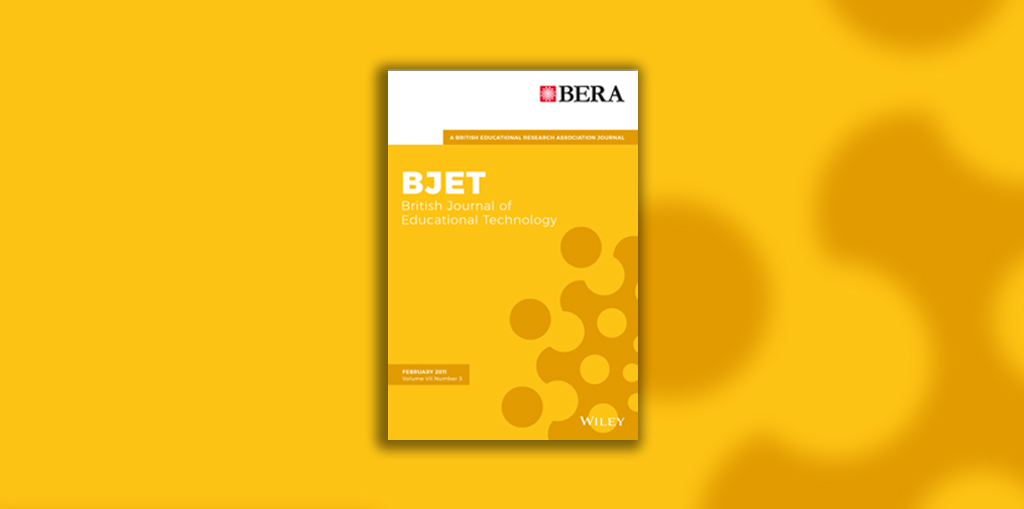Address
304 North Cardinal St.
Dorchester Center, MA 02124
Work Hours
Monday to Friday: 7AM - 7PM
Weekend: 10AM - 5PM

Wir freuen uns, unsere neue Fachpublikation im British Journal of Educational Technology (BJET) anzukündigen! Das BJET gilt als eine der führenden Zeitschriften im Bereich Bildungstechnologie.
KI-Systeme bereichern und automatisieren zunehmend unser Bildungssystem. Doch es ist wichtig, sich daran zu erinnern, dass Lernen ein kollaborativer Prozess ist, bei dem Menschen und Maschinen zusammenarbeiten.
Unser Artikel im British Journal of Educational Technology, verfasst von Florian Weber, Thiemo Wambsganß und Matthias Söllner, untersucht den Einsatz von hybrider Intelligenz in der juristischen Bildung. Die Studie zeigt, wie hybride Intelligenz in die Lehre integriert werden kann und welche Rolle KI bei der individuellen Unterstützung von Studierenden spielt, ohne dabei den Menschen als zentralen Problemlöser zu ersetzen. Durch eine Evaluation im juristischen Kontext demonstrieren wir die Wirksamkeit eines KI-Systems im Rahmen eines hybriden Ansatzes.
Abstract: Recent developments in artificial intelligence (AI) have significantly influenced educational technologies, reshaping the teaching and learning landscape. However, the notion of fully automating the teaching process remains contentious. This paper explores the concept of hybrid intelligence (HI), which emphasizes the synergistic collaboration between AI and humans to optimize learning outcomes. Despite the potential of AI-enhanced learning systems, their application in a human-AI collaboration system often fails to meet anticipated standards, and there needs to be more empirical evidence showcasing their effectiveness. To address this gap, this study investigates whether formative feedback in an HI learning environment helps law students learn from their errors and write more structured and persuasive legal texts. We conducted a field experiment in a law course to analyse the impact of formative feedback on the exam results of 43 law students, as well as on the writer (students), the writing product and the writing process. In the control group, students received feedback conforming to the legal common practice, where they solved legal problems and subsequently received general feedback from a lecturer based on a sample solution. Students in the treatment group were provided with formative feedback that specifically targeted their individual errors, thereby stimulating internal cognitive processes within the students. Our investigation revealed that participants who were provided with formative feedback rooted in their errors within structured and persuasive legal writing outperformed the control group in producing qualitative, better legal text during an exam. Furthermore, the analysed qualitative student statements also suggest that formative feedback promotes students‘ self-efficacy and self-regulated learning. Our findings indicate that integrating formative feedback rooted in individual errors enhances students‘ legal writing skills. This underscores the hybrid nature of AI, empowering students to identify their errors and improve in a more self-regulated manner.
DOI: https://doi.org/10.1111/bjet.13529
Link zum Beitrag: https://bera-journals.onlinelibrary.wiley.com/doi/full/10.1111/bjet.13529
